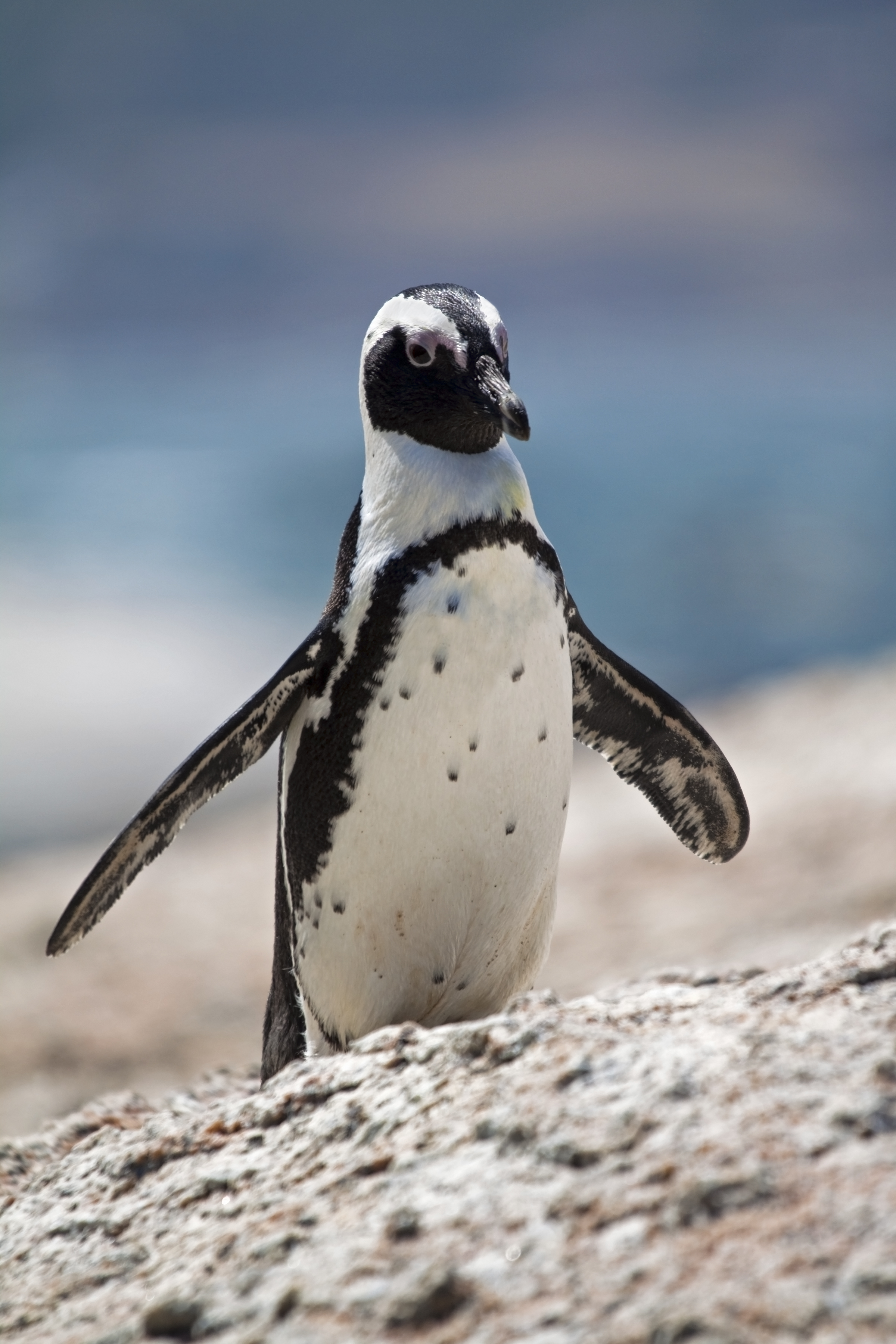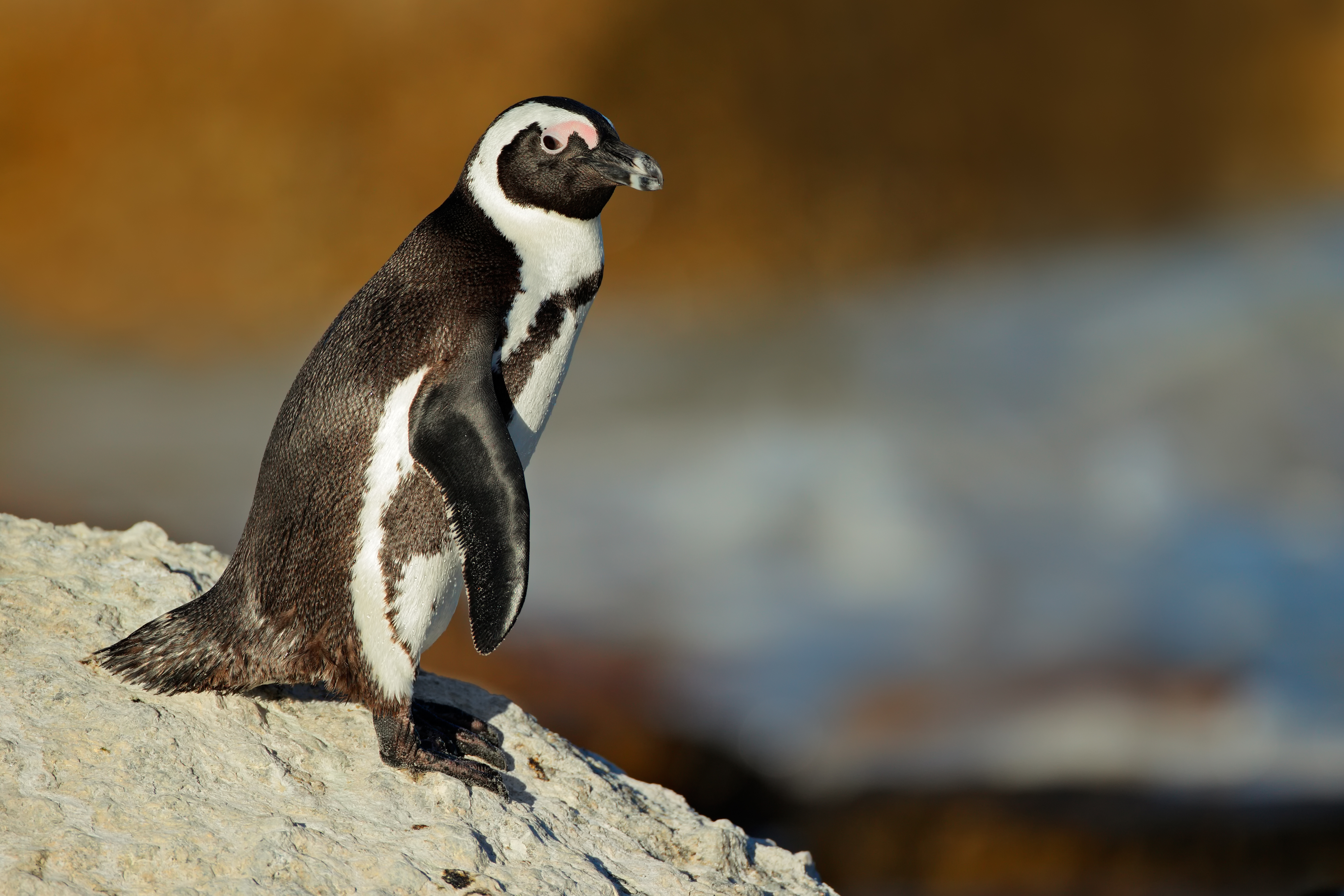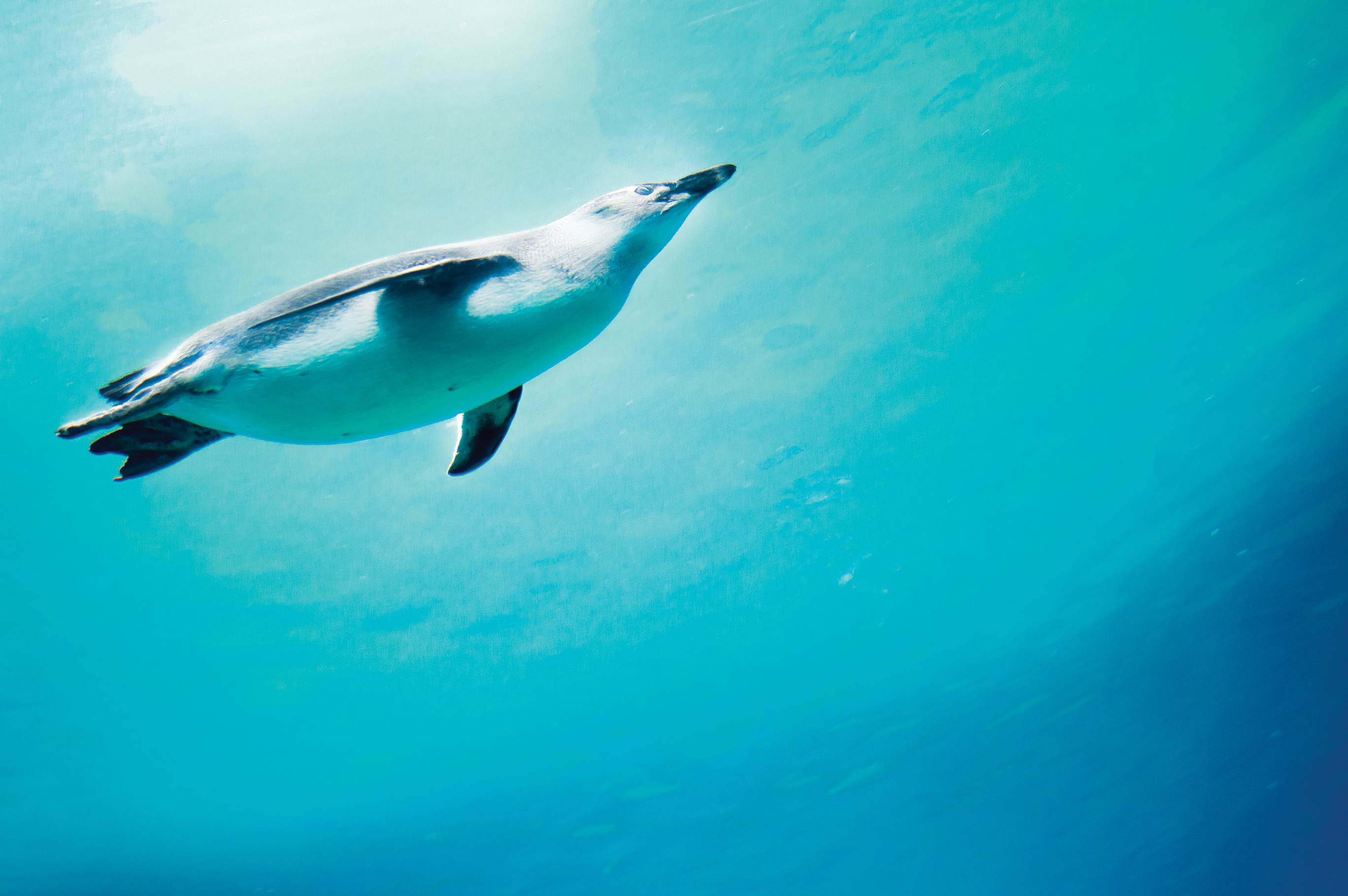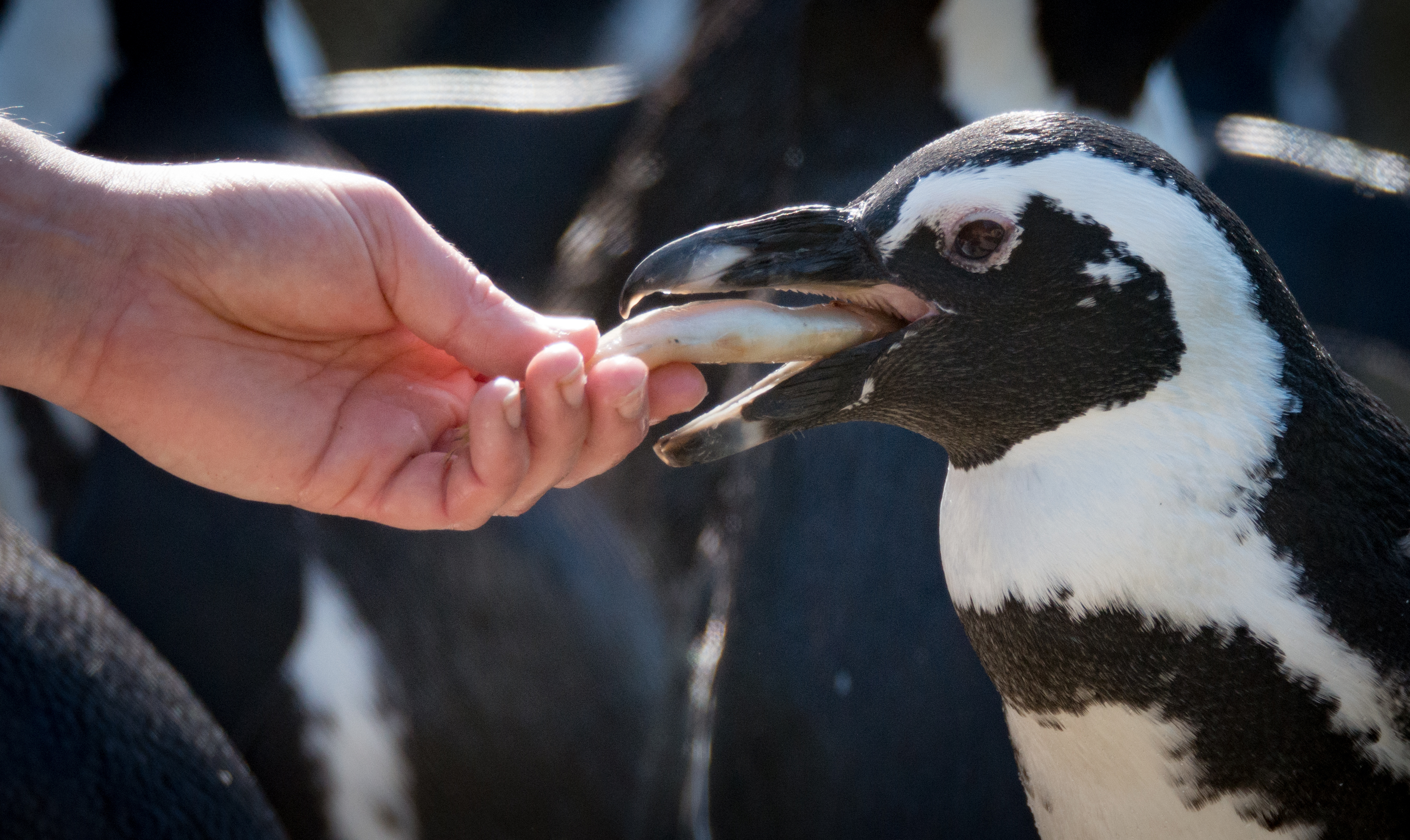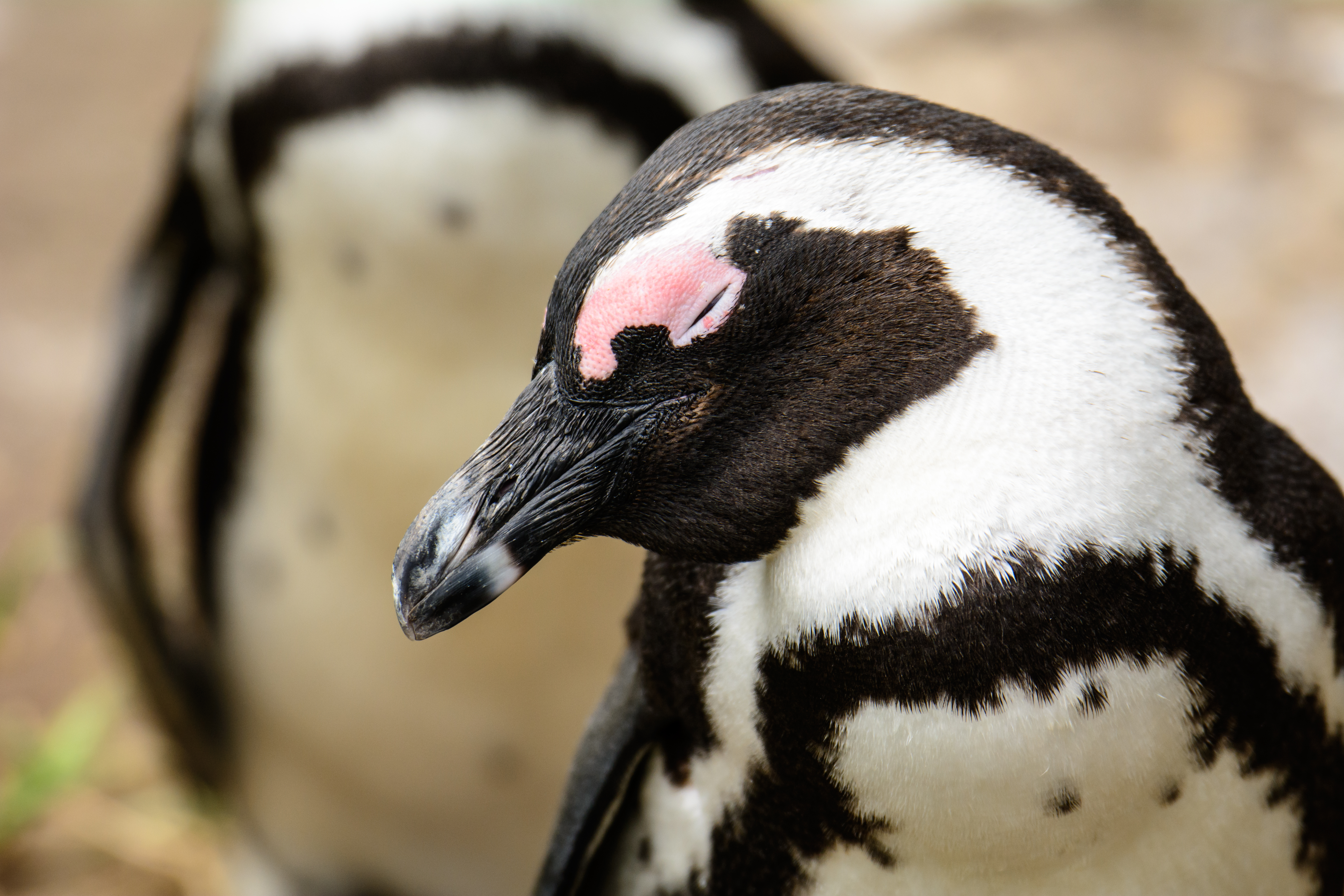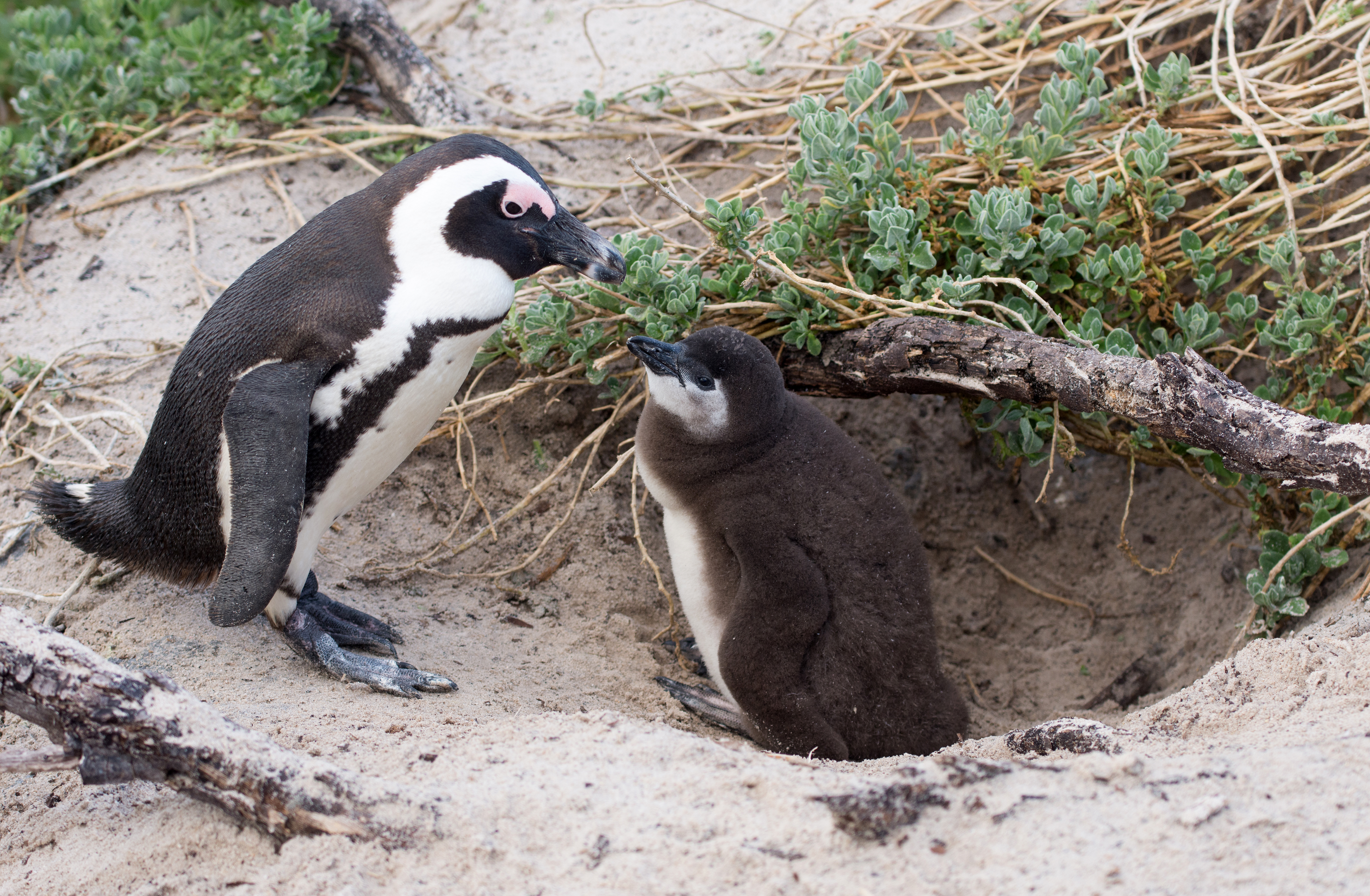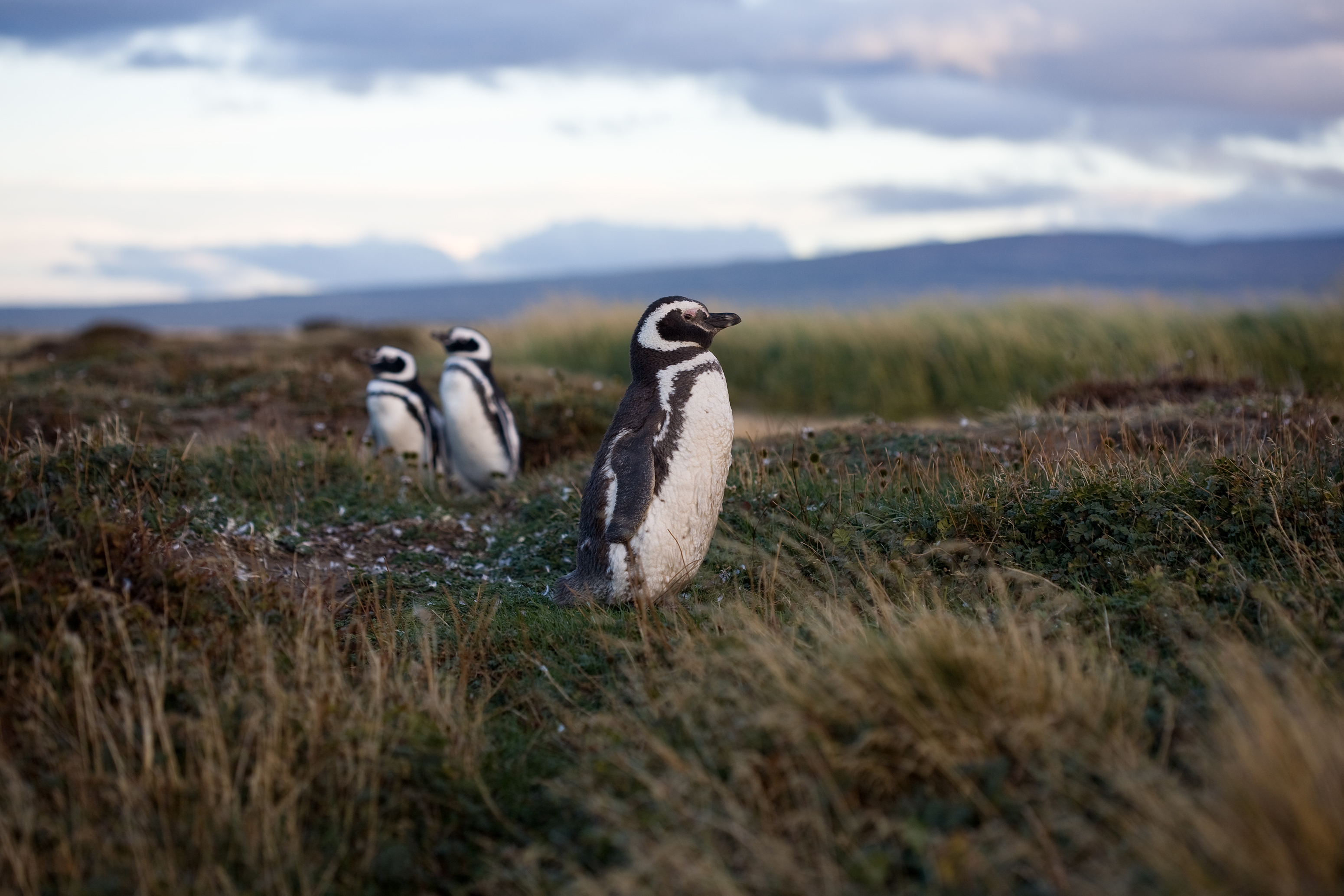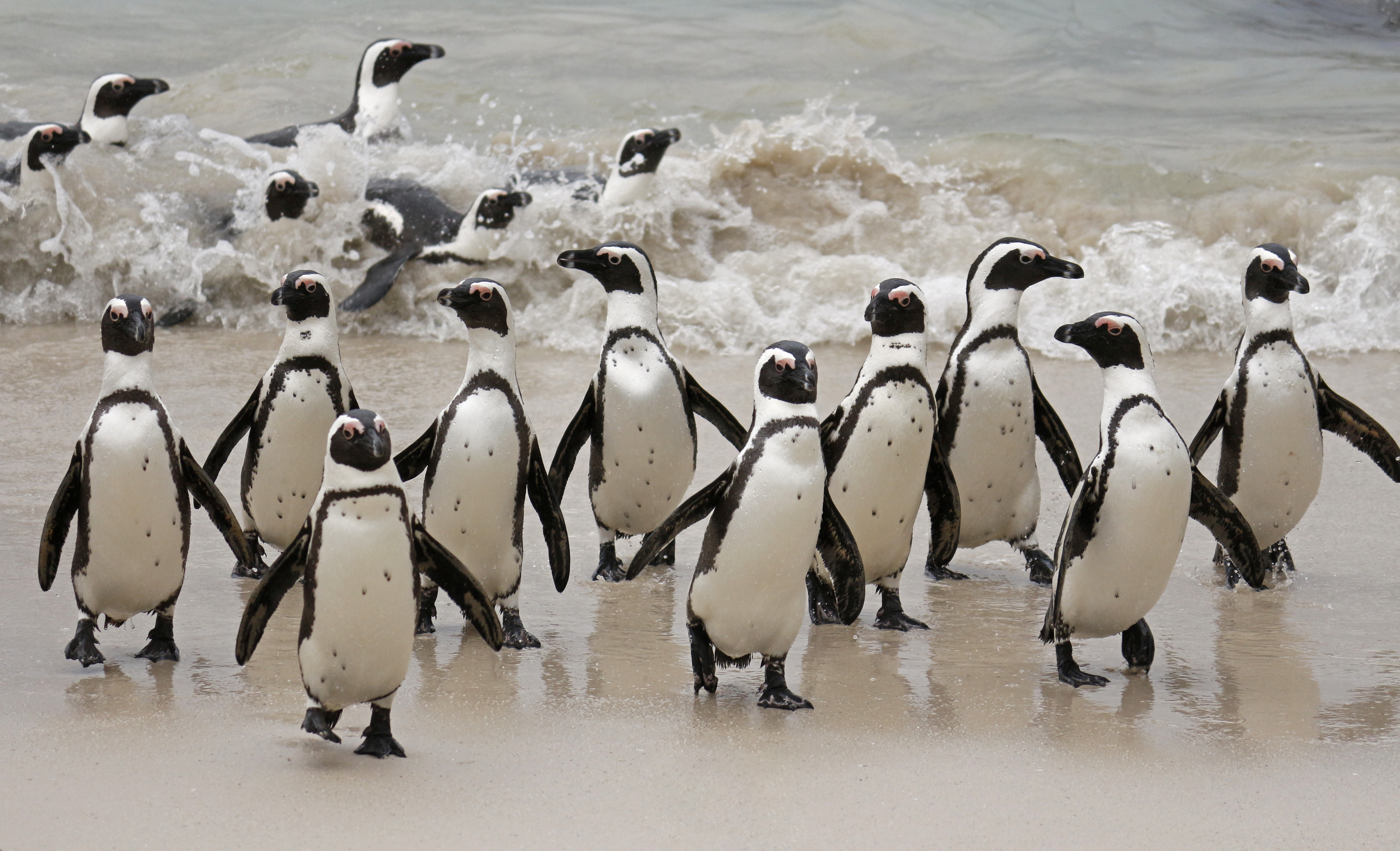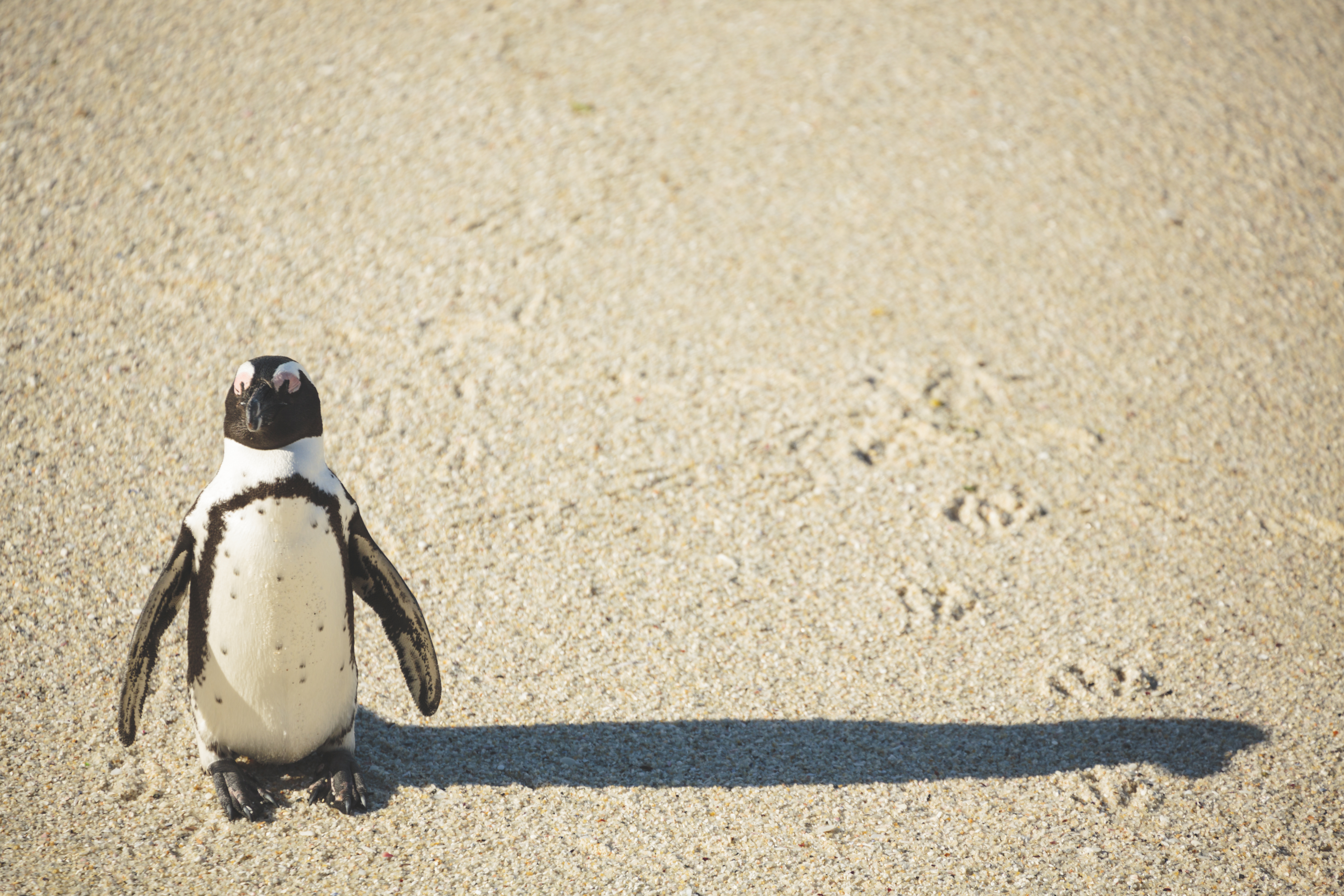
African penguin awareness
The African penguin is an endangered species. It's often an unknown fact that less than 2% of the African penguin population remains in the wild today.
Together the Southern African Foundation for the Conservation of Coastal Birds (SANCCOB), South African National Parks (SANParks ) and its partners in conservation, are at the forefront of saving the only penguin species to occur naturally on the African continent.
What is SANCCOB?
SANCCOB is a registered non-profit organisation (NPO 003-134) which focuses on the reversal of the decline of seabird populations. They rescue, rehabilitate and release seabirds that were ill, injured, abandoned or oiled – especially endangered species like the African penguin.
The organisation works closely with colony managers to identify birds in need of care in the wild and bring them to 1 of its 2 centres in South Africa for rehabilitation. The 2 centres are: Cape Town (Western Cape) and Cape St. Francis (Eastern Cape).
SANCCOB can treat up to 2 500 seabirds of which approximately 1 500 are African penguins in a normal year where no oil spills occur. The rest of the birds treated include various cormorants species (including the endangered Bank cormorant and Cape cormorant); various species of terns; pelagic birds such as albatrosses, gannets and petrels; oystercatchers, gulls, pelicans and other coastal birds found in the region. On average, 24 different seabird species are rehabilitated every year.
SANCCOB is internationally recognised as a leader in oiled wildlife response, rehabilitation and chick-rearing. SANCCOB also contributes to research which benefits seabirds; trains people to care for the birds and educates the public to develop behavioural patterns which benefit marine life and the environment.
The organisation is registered with the South African Veterinary Council and is endorsed by the Department of Environmental Affairs and has many working partnerships globally.
Visit the SANCCOB website to find out how you can help to save the African penguin.
Boulders Beach Penguin Colony
By 2005 the Boulders Beach Penguin Colony in Table Mountain National Park, which was established in 1983, was home to approximately 3 900 African penguins. However, since then there have been fluctuations in numbers with the 2011 figures sitting at 2 100 penguins.
Since the early 20th century there have been many reasons for the decline in the numbers of the African penguin, including:
- The commercial harvesting of penguin eggs.
- The large-scale harvesting of penguin guano for fertiliser – this destroyed critical penguin nesting material.
- Commercial over-fishing, leading to the collapse of fish stocks penguins depend on.
- The expansion of human settlements, destroying penguin habitats.
- Increased shipping, resulting in oil spills off the southern coastline of Africa.
- Climate change affecting fish stocks and unseasonable moulting patterns, which result in mass abandonment of African penguin chicks.
- Discarded plastic, glass, nets and fishing tackle injuring penguins. Pollution remains a huge threat to seabirds.
According to the South African National Biodiversity Institute SANBI the initial records of African penguin populations along the Namibia and South African coastline estimated around 1 million breeding pairs in the 1920s but these populations have rapidly declined to less than 30 000 pairs. For example, it's estimated that the breeding population in South Africa has experienced a 95% decline in 6 years from 69 000 pairs in 2001 to 20 000 pairs in 2011. As a result it's projected that the African penguin may become extinct within the next 15 years.
Places to see penguins in the Western Cape
Giving Endangered African Penguins a Second Chance at Life

